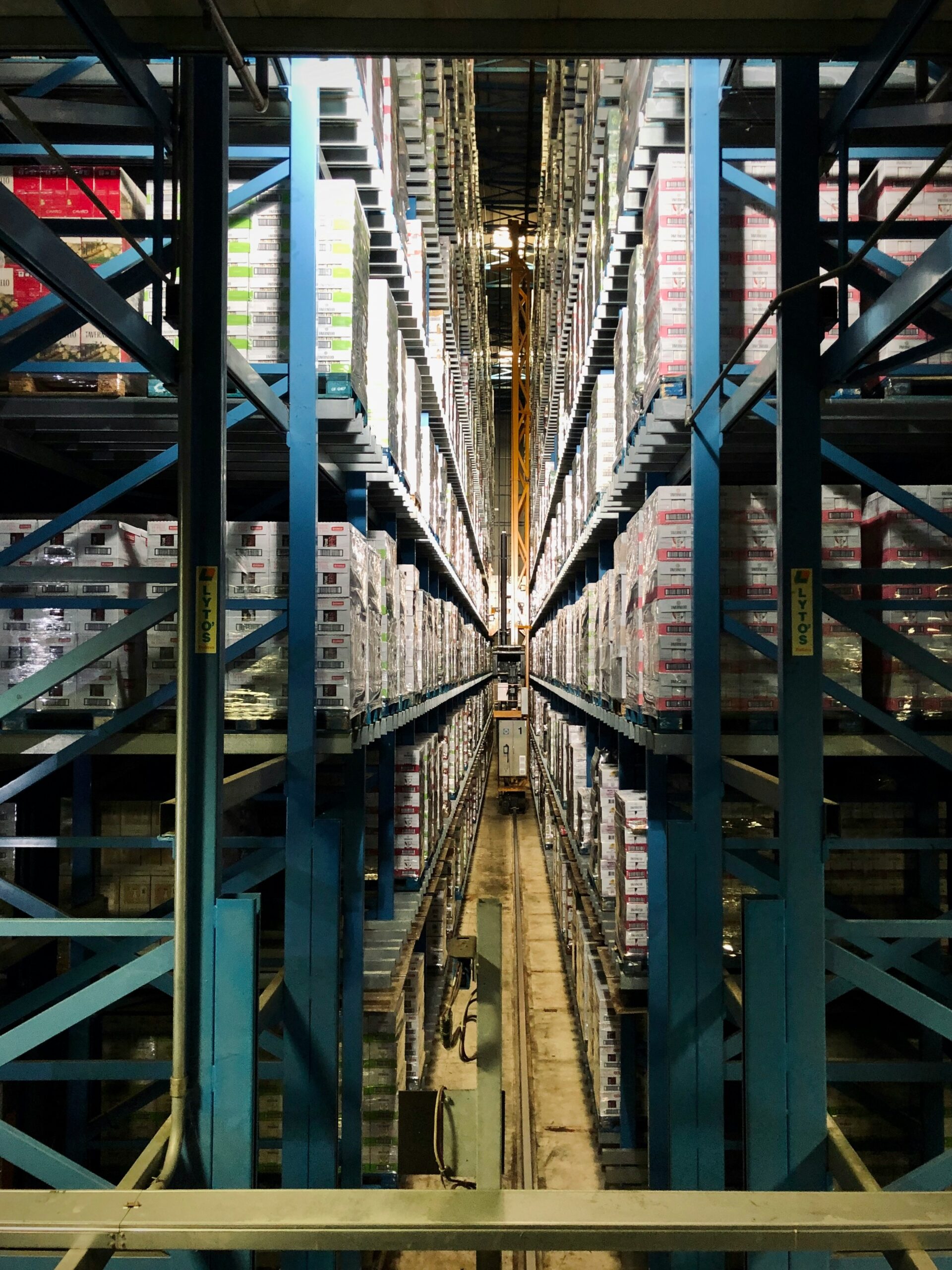Image credit: Unsplash
At the Business of Cannabis: Berlin Executive Summit last week, over 150 executives, policymakers, and thought leaders were amassed to assess how the first eight months of Germany’s landmark CanG bill had impacted the market and discuss how the uncertain future could play out.
A crucial juncture of reflection and planning, the half-day summit took place at Palisade on November 26 and saw panelists from across the globe exploring varied commercial opportunities within the new regulatory framework.
Germany’s incumbent ‘traffic light’ coalition collapsed earlier in the month. This failure led to expectations that the driving force behind the landmark cannabis reform would soon be replaced with a right-leaning government far less amenable to the recent liberalization.
However, following a heated debate on the country’s recent partial legalization of cannabis, things looked to shift. This positioned the pieces for cannabis to become a critical issue in the upcoming snap election, and the day began with an exploration of what the collapse will mean for CanG.
The Impact of World Events on Cannabis Policy
Panelists Olivia Enwenike, Vasili Franco, Georg Wurth, and Frederike Fäscher examined the political and regulatory landscape shaping Germany’s cannabis industry. They highlighted the importance of clarity in government roles, particularly for evaluating model project applications.
Georg Wurth underscored the need for consistent regulatory frameworks to support businesses. The panel encouraged companies to proactively secure cultivation licenses protected by trust principles, ensuring they remain prepared for future developments regardless of political shifts.
Opinions varied on whether the CanG could be repealed under a new government. While some believed repeal was unlikely, others suggested certain elements could face revisions.
For the edible CBD market, the panel clarified that the focus lies in regulation, not prohibition, creating cautious optimism for stakeholders.
CBD Opportunities and Challenges
With recent positive developments regarding hemp and CBD regulations in Germany, seeing the controversial ‘intoxication clause’ finally scrapped, the future of this market, too, seemed uncertain. Marijn Roersch van der Hoogte, Niels Lutzhöft, Phillip Ferrer, and Lisa Haag reflected on regulatory uncertainty. Niels explained that initial classifications positioned CBD as a potential drug, complicating its market trajectory.
Phillip highlighted the shift in marketing CBD as a cosmetic product due to strict pharmaceutical laws, adding complexity to the German market. Marijn emphasized hemp’s broader potential, advocating for its industrial applications and liberalized regulations to unlock its full value.
Panelists stressed the importance of removing the ‘Rauschklausel’ (intoxication clause) to mitigate legal challenges and encourage innovation. They called for greater industry collaboration and proactive self-regulation to build trust and set the stage for fair competition.
Medical Cannabis as a Cornerstone for Growth
Just days before the event, Germany’s Federal Institute for Drugs and Medical Devices (BfArM) published the medical cannabis import figures for Q3, showing that medical cannabis imports grew by over 70% from the previous period.
Since April 01, 2024, and the implementation of CanG and MedCanG, cannabis has no longer been considered a ‘narcotic’ substance in Germany, making the process of both securing and prescribing medical cannabis significantly easier. Speakers Larissa Mössmer, Dr. Christian von der Groeben, Farida Hussain, and Benedikt Sons explored how medical cannabis (MedCan) remains the dominant segment in Germany.
Consolidation and Innovation Moving Forward
The final panel, which included Sasho Stefanoski, Stephen Murphy, Pablo Zuanic, Finn Age Hänsel, and Yuval Soiref, focused on long-term strategies and market resilience.
Pablo noted that current conditions could be more conducive to market consolidation, while Finn highlighted the challenges of political uncertainty and high competition.
Yuval stressed the importance of innovation, digitalization, and data analytics in driving industry growth.
Panelists agreed that strategic alliances and patient-centric operations are necessary to build trust with regulators and ensure long-term success.
Finn emphasized the shift toward maintaining lean operations and adapting business models to meet evolving patient needs.














































































































































































































